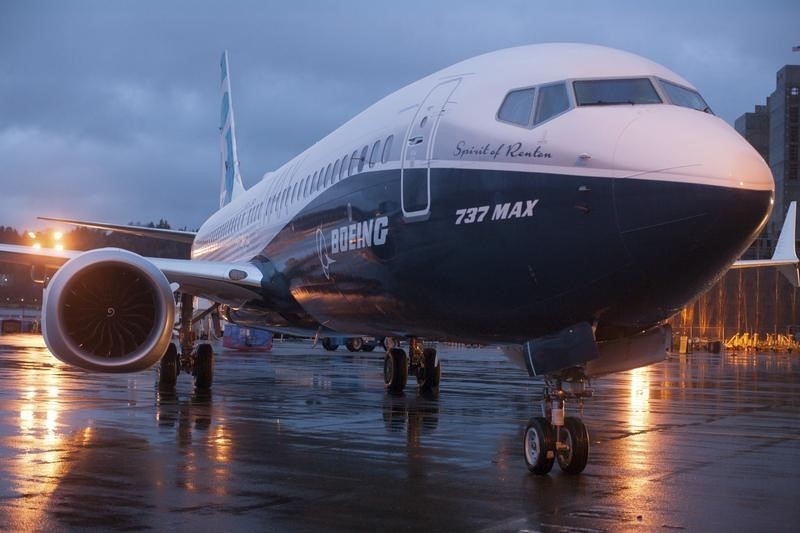Quiver Quantitative - Boeing (NYSE:BA), has recently been thrust into the spotlight following a damning report by the Federal Aviation Administration (FAA). This critical assessment, which emerged from an expert panel convened by the FAA, paints a troubling picture of Boeing's internal safety practices. At the core of these revelations is a significant gap in communication between the company's upper management and its staff, a problem that goes beyond mere procedural missteps.
The gravity of the situation is further underscored by employee feedback, revealing a pervasive fear of retaliation for raising safety concerns. This cultural hurdle stands as a stark contradiction to Boeing's publicly professed commitment to safety. The report, spanning 50 pages, was necessitated by the unfortunate string of events that began with two fatal 737 Max crashes in 2018 and 2019 and culminated in a near-catastrophic incident involving an Alaska Airlines flight earlier this year. It's a stark reminder of the ongoing challenges Boeing faces in overhauling its safety culture, despite its efforts to implement systemic changes and introduce new safety-focused roles.
Market Overview: -Boeing shares under pressure: Stock remains flat despite FAA report but down 23% YTD, worst performer in Dow Jones Industrial Average. -Potential market impact: Concerns about Boeing's safety issues and their implications for production and delivery timelines.
Key Points: -FAA report exposes critical safety culture issues at Boeing: -Disconnect between management and staff. -Ineffective procedures and communication breakdowns. -Distrust in safety reporting systems due to fear of retaliation. -Weak documentation reflecting insufficient commitment to safety. -Recommendations: Boeing to address 53 recommendations from the FAA panel within six months.
Looking Ahead: -Boeing's response: Addressing cultural issues, rebuilding trust, and implementing FAA recommendations. -FAA's next steps: Deciding on actions based on the report's findings. -Potential market impact: Continued pressure on Boeing stock price and investor confidence depending on future developments.
In response to the report, Boeing issued a statement, expressing its intent to thoroughly review and learn from the findings. This response, while diplomatic, does little to alleviate the deep-seated concerns about the company's ability to ensure the flow of critical safety information across its vast organizational expanse. The FAA's immediate plan to review the report and determine the appropriate next steps further amplifies the pressure on Boeing to demonstrate a genuine, foundational commitment to safety.
The panel's findings are not just a critique of Boeing's current practices; they are an indictment of a deeply ingrained corporate culture that seems to prioritize efficiency and output over meticulous safety oversight. The revelation that many Boeing employees were unclear on how to report safety issues or distrusted the mechanisms in place for such reporting is particularly alarming. It suggests a systemic problem that transcends simple procedural fixes and calls for a significant cultural shift.
What emerges from this situation is a poignant reminder of the complexities inherent in large-scale organizational management, especially in an industry where safety is paramount. Boeing's journey towards rectifying these issues will be closely watched by regulators, customers, and the public. As the company prepares to meet with FAA officials, the road ahead is clear but challenging. It's a path that requires not only procedural refinement but also a fundamental reevaluation of the values and practices that define Boeing's approach to safety.
This article was originally published on Quiver Quantitative
